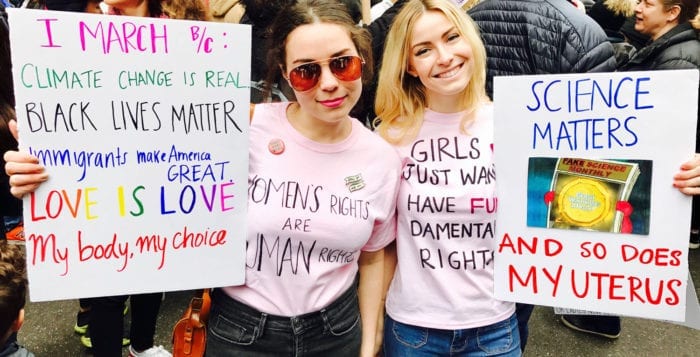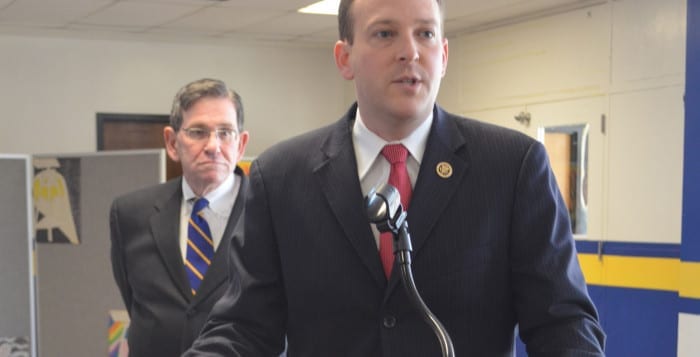Do you ever wish you had asked for advice about life from older members of the family or friends who have now passed away? I certainly do. Like an inheritance, advice that has withstood the test of time can make the life of the beneficiary easier. Hence the clever idea, by an assisted living community on Long Island, of producing a distributable calendar filled with some of the wisdom of its residents was immediately interesting to me. The Gurwin Jewish-Fay J. Lindner Residences, located in Commack, collected the thoughts of one person or couple in the community for each month and named the project “From Generation to Generation 2017.”
As the calendar states in the introduction, “The advice contained in these pages … is priceless, and made all the more meaningful because of the life experiences that season [the residents’] words of wisdom.”
The January advice comes from Gerald Burberry, who was sent to England on the Kindertransport — also known as Children’s Transport — during World War II and was the only member of his family to survive the Holocaust. Gerald focuses on the beauty in life through the lens of his camera and is an enthusiastic nature photographer. He and his wife have visited as many U.S. National Parks as they could in pursuit of his goal to “appreciate nature.”
Janet Munday adorns February and urges everyone to “blaze new trails.” She was a computer engineering major at Hofstra, one of few women at the time, and also played the bass guitar in a cover band and traveled to Italy just to learn Italian.
Others, like Helen and Mel Morgenstein, who are wedded 73 years, offer this advice to married couples: “Respect each other.” Mel adds, “Respect your differences, and have your own interests. It makes for a much better life together.” Mary Falcone says, “Cherish family.” She has four daughters, 12 grandchildren and 15 great-grandchildren, “They’re wonderful,” she declares and she sees them regularly. “Their heart is my heart.” Florence Levenbaum, who is 91, loves to dance. She urges, “Keep moving and smile.” For her, movement and good humor are the keys to good health. She posed for her photo in the calendar carrying a Wilson wooden tennis racket over her shoulder.
Further advice includes “Pursue your passions” from Stewart Greene, a devoted lifetime sailor; “Keep learning” from Sandra Peltz, a former registrar at Hofstra who feels she learns from each new person she meets; and “Be independent” from Ruth Kaufman, who doesn’t worry about what others might think and say. “Use common sense!” urges Edwin Zola, who feels that people could find a way to end war and suffering if they would treat others as they would like to be treated, adding, “This just makes sense.” And Sidney Klein speaks proudly about serving one’s country, as he did during WWII.
What advice would you pass along to those younger than you? I asked that question of some of the newspaper staff, and here is what they offered.
“Live in the moment,” said one. “And enjoy the moment.” Another counseled, “Don’t put it off,” whether a task, a career move or a relationship. “Anticipate life’s many stages,” suggested another. “Be yourself, don’t be afraid to be who you really are rather than trying to please others,” is one piece of advice one mother had just shared with her daughter. Another mother offered, “Enjoy your childhood. You are only a child once.” And how about this one for your children? “We were young once too!”
Some others included, “Work hard, play hard and include balance in your life,” “Be kind,” “Stick together with family,” “Hang around with happy people,” and this timely bit for today’s world, “Be entrepreneurial.”
You might ask what words I would offer the next generations. My advice: “Have courage.” Have the courage to be the person you want to be, to do the things you most wish to do, to go to the places you yearn to see, and to defend those who cannot defend themselves.






